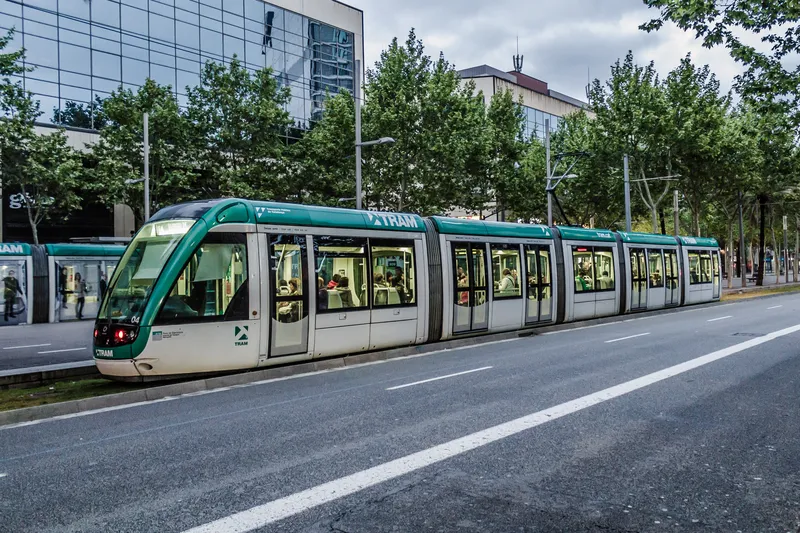Leading Spanish IT company, Indra and Siemens have signed an agreement to develop a new thorough railway signalling solution which comprises traditional signalling and the ERTMS level 2 technology for the future European railway traffic management system. The agreement includes commercialisation of the platform by both companies at national and international level.
April 19, 2012
Read time: 2 mins
RSSLeading Spanish IT company, 509 Indra and 189 Siemens have signed an agreement to develop a new thorough railway signalling solution which comprises traditional signalling and the ERTMS level 2 technology for the future European railway traffic management system. The agreement includes commercialisation of the platform by both companies at national and international level.
One of the first results of the agreement is the new RBC system (Radio Block Centre) developed by Indra on the SICAS ECC platform and Siemens’ SIMIS signalling control technology. The RBC system is a critical element to enhance signalling with views to the future European ERTMS level 2 system which is under validation and certification at the Rail Technology Centre (CTF) of the Spanish rail infrastructure administrator ADIF, in Malaga.
As the partners point out, this is not the first time they have collaborated. Both companies have participated in some of the most representative works of Spain’s high-speed network such as: Sagra-Toledo high-speed branch line, the Lerida-Barcelona high-speed stretch and Madrid-Valladolid high-speed line.
Currently, Indra and Siemens are engaged in the signalling and telecommunications project for the Metropolitano de Granada to implement the567 SAE, SIV, ticketing, chronometry, intercom and PA systems.
One of the first results of the agreement is the new RBC system (Radio Block Centre) developed by Indra on the SICAS ECC platform and Siemens’ SIMIS signalling control technology. The RBC system is a critical element to enhance signalling with views to the future European ERTMS level 2 system which is under validation and certification at the Rail Technology Centre (CTF) of the Spanish rail infrastructure administrator ADIF, in Malaga.
As the partners point out, this is not the first time they have collaborated. Both companies have participated in some of the most representative works of Spain’s high-speed network such as: Sagra-Toledo high-speed branch line, the Lerida-Barcelona high-speed stretch and Madrid-Valladolid high-speed line.
Currently, Indra and Siemens are engaged in the signalling and telecommunications project for the Metropolitano de Granada to implement the









